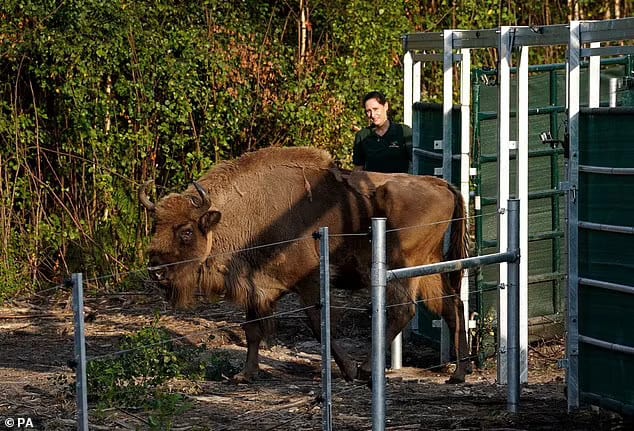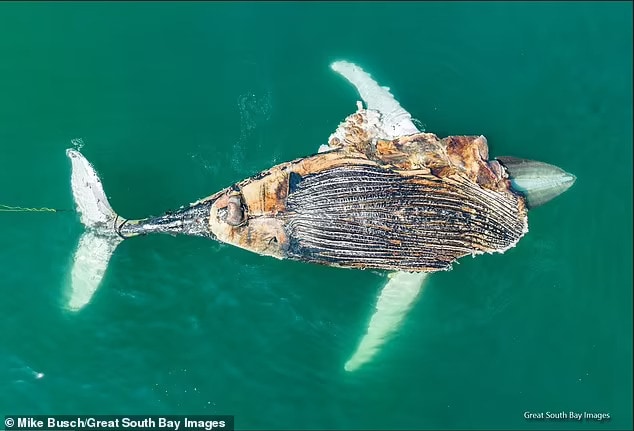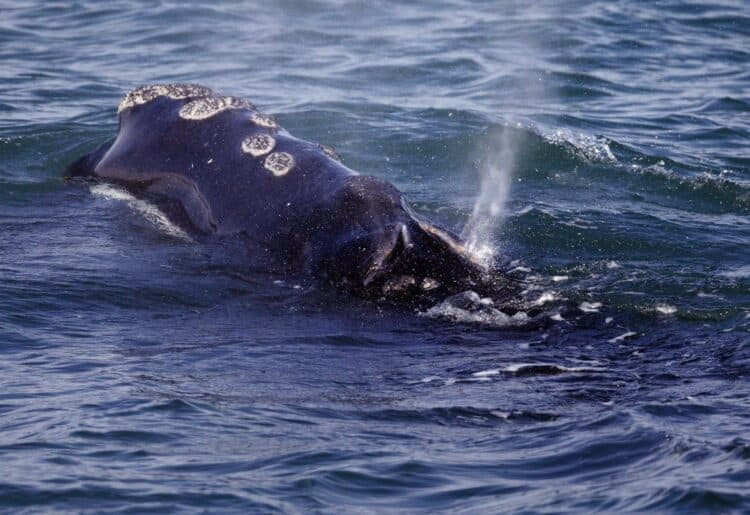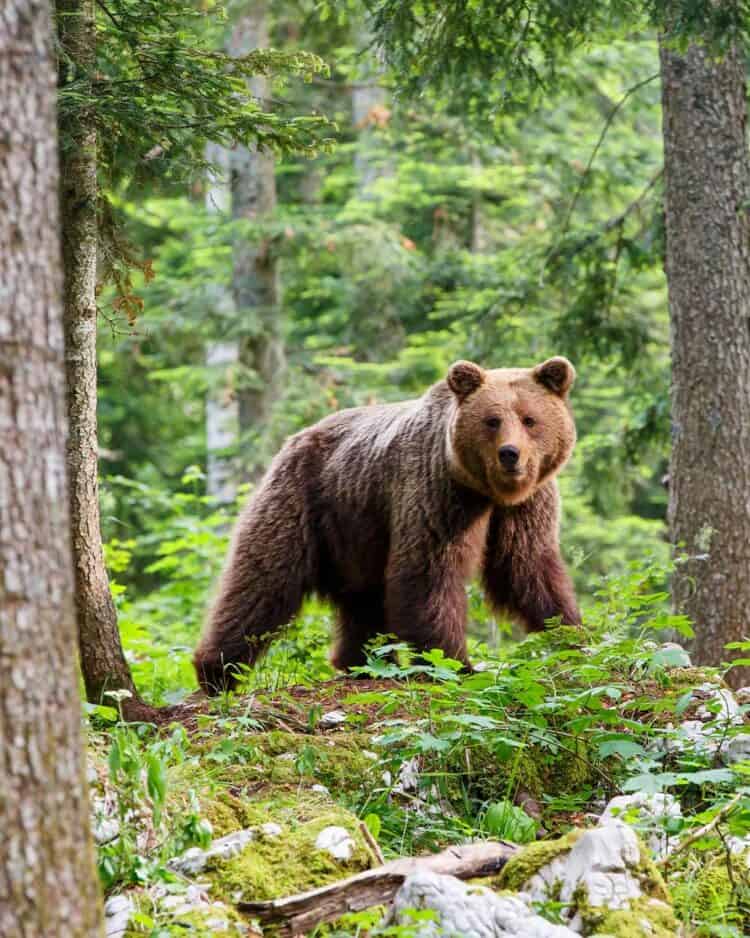Burning fossil fuels releases harmful pollution into the air which, over time, cause devastating effects on the environment. The threat air pollution causes to wildlife is very real and very harmful.
Action is needed now.
We are lucky as we already know ways of producing energy without burning disgusting fossil fuels.
If we want to save wildlife, communities and own own health we all need to take action by supporting green energy initiatives. Helping with the transition from fossil fuels to green energy will offer a wide range of environmental advantages.
Possible Solutions
The future of wildlife is dependant on investment in green energy sources. Wind, solar and biomass all offer clean solutions to the harmful effects of fossil burning. These three solutions produce emission free electricity which over time could slow down climate change.
Wind Power
Wind power has an abundance of clean energy to offer. When used responsibly, wind power offers a great opportunity for wildlife friendly energy. The untapped offshore wind power potential could have zero effect on our wildlife and could produce four times more than the total U.S energy demand.
Solar Energy
Solar is no longer a new and expensive alternative to fossil fuel. In the last five years prices have plummeted making solar panels more affordable for home owners.
Biomass
Biomass uses recycling techniques from natural expenditure such as fields, forests, food, rubbish and animal manure. Biomass energy could be a viable fuel option for many parts of the world.
Impact on Wildlife
These new ways of creating energy all need to be checked regularly to help support wildlife. The construction of turbines and solar panels need to be done in a way that minimises the impact on wildlife and its habitat. Plans are already in place to protect whales during the erection of wind turbines at sea. Biomass especially needs to take care sustaining its forest management.
The Future
The future of wildlife depends on us. Climate change could irreversibly damage our precious wildlife. One third of all wildlife could vanish if we don’t take steps to reduce our carbon emissions. Critical habitat is being destroyed causing animal and insect ranges to shift. This decreases availability of food and water. Some species are incapable of changing their patterns at such a fast rate meaning they could perish under the pressure.
Moving away from coal mining would enhance the chances of wildlife surviving over the next 20 years. Crucial habitat could be installed and preserved while air pollution would vastly improve.
Let us not forget the positives. If we take action today we have a chance to reverse climate change and save our beloved planet. There is a shift in attitude towards green energy. Wind power development has substantially risen and technology is getting better by the day. Governments around the world are signing deals to protect their natural landscapes.
What you can do
Support ‘Fighting for Wildlife’ by donating as little as $1 – It only takes a minute. Thank you.
Robert Lovell
Robert Lovell is a writer and editor with a love of wildlife and a passion for environmentalism. He is based in the north of England but loves to travel.







Leave a Reply